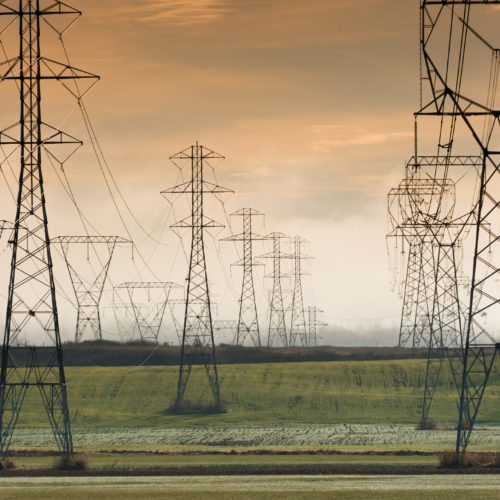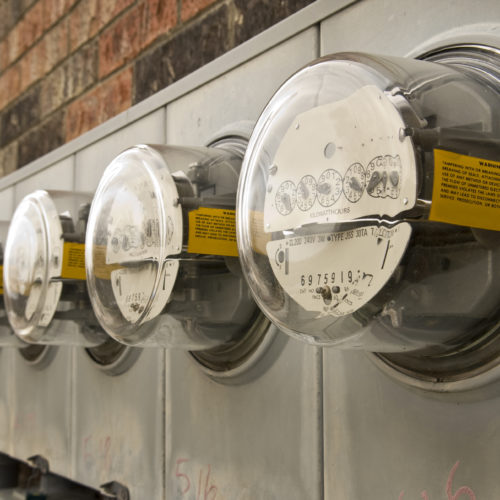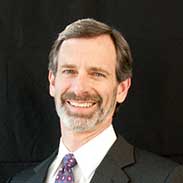Creating metrics and building a rating system to define buildings as grid citizens.

e-Lab Accelerator
Teams and Faculty
2018 Teams
Outlining the strategic path for Juneau to serve thermal energy requirements from renewable sources.
Exploring regulatory approaches to non-wires alternatives.
Designing a preferred resources pilot to benefit disadvantaged communities in southwest LA.
Developing an implementation plan for community-owned, large-scale industrial solar generation in West Oakland.
Testing strategies to speed conversion to electric vehicles and advantageously shape load.
Helping PNM facilitate a 30%+ renewable energy supply and strengthen relations with affected communities.
Designing an implementation plan and business model for a community microgrid in North Minneapolis.
Testing hypotheses and critical assumptions about the potential of flexible loads in the Northwest.
Developing replicable models to streamline deployment of resilient energy systems.
Developing a modeling approach for clean portfolios.
Developing four different pilots to reduce peak demand with a focus on LMI communities.
Protecting low-income renters from new utility rate designs and strengthening the value proposition for multifamily clean energy investments.
Expert e–Lab faculty are on-hand throughout the meeting to offer training and insights on critical content areas. Faculty expertise include topics such as regulatory transformation, portfolio design for renewable resources, transition strategies for energy system change, best practices for stakeholder engagement, and venture capital in electricity. e–Lab faculty are also available throughout the Accelerator meeting to provide specific feedback and coaching to support each team’s project.
In addition to faculty, experienced facilitators from Rocky Mountain Institute and Reos Partners are assigned to each team to lead project discussions.













